Call for Papers: Spiritual and Religious Competence in Psychotherapy Training
Mental health professions that educate and train psychotherapists have identified foundational areas of awareness, knowledge, and skill to target along these lines. These standards or guidelines are often known as spiritual and religious competencies (see Association for Spiritual, Ethical, and Religious Values in Counseling; ASERVIC; 2009; Vieten et al.’s (2013) Spiritual and Religious Competencies for Psychologists). Notwithstanding these advances, there is a shortage of applied research on how to train clinicians to respond to clients’ spiritual and religious identities in psychotherapy. As such, Psychotherapy thus invites manuscripts for a special section on Spiritual and Religious Competencies in Psychotherapy Training. Specifically, we are seeking two types of contributions.
First, for research contributions, we invite quantitative, qualitative, and/or mixed methods research. We seek manuscripts that evaluate trainees in various methods of training in core aspects of S/R competence. These articles can be full length (e.g., 35 pages inclusive) or brief reports (e.g., 15 pages inclusive). Second, for practical contributions, we seek manuscripts about how to promote R/S competencies in clinical training. Specifically, we invite manuscripts that describe 1-3 methods of training (e.g., how to help trainees cultivate R/S competencies in their interactions with clients). For these papers, we request that authors provide: (a) the theoretical basis of their training method, (b) clear delineation of the specific spiritual and religious competencies that are targeted, and (c) verbatim exchanges demonstrating the method (if applicable), and (d) evaluation outcomes that support the method. These manuscripts should be 15 pages inclusive.
Submissions may focus on, but are not limited to, the following questions:
How do we help clinicians cultivate spiritual and religious competencies for psychotherapy?
What training approaches are effective in developing spiritual and religious competencies?
What are the clinical outcomes of emerging methods of training students or clinicians in spiritual and religious competencies?
Submissions will be evaluated in two phases:
First, interested authors should email the co-editors an abstract of no more than 500 words by March 31, 2024, for feedback regarding the proposal’s fit and focus for this special section.
Second, authors of good-fitting abstracts will be invited to submit a full manuscript through the journal’s portal for masked peer review. Such submissions should follow the Psychotherapy guidelines for authors and indicate whether they are research or practical contributions, as described above.
The deadline for receiving final manuscripts is October 1, 2024. Note that an invitation to submit a full manuscript does not guarantee acceptance. Any inquiries or questions regarding topic or scope for the special section can be sent to the section co-editors: Jesse Fox, Ph.D., at jfox2@stetson.edu and Joseph C. Currier, Ph.D. at jcurrier@southalabama.edu.
